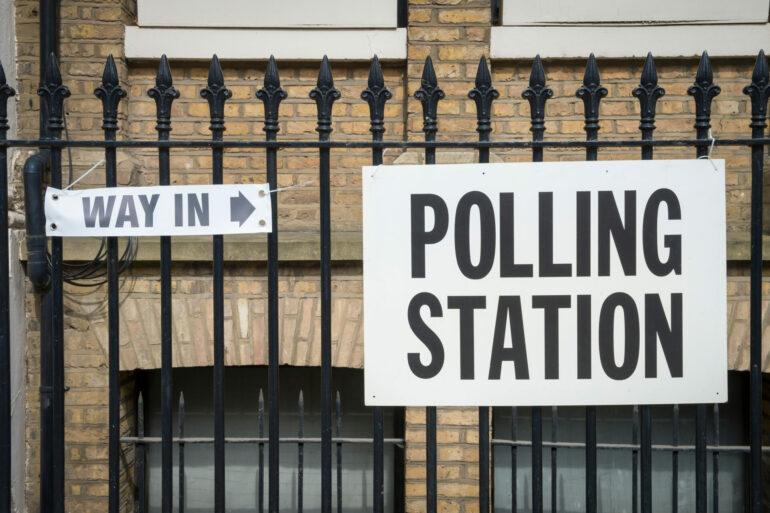Google searches for “when will mortgage rates go down?” have increased by 87% since the announcement of the General Election.
In the past 30 days, over 19,000 people have asked Google if mortgage rates are likely to decrease.
Online mortgage broker Mojo Mortgages has addressed the most common mortgage questions related to the General Election and provided insights into how the housing market has changed in the last 14 years.
According to the Bank of England, the average 2-year fixed mortgage rate has increased by 3.58% since December 2019.
When the Conservatives were elected in May 2010, the average rate for a 2-year fixed mortgage at a 75% loan-to-value (LTV) was 3.78%.
By May 2015, it had dropped to 1.9%, and by May 2017 and December 2019, it was 1.49% and 1.42% respectively. Today, the average 2-year fixed-rate mortgage (75% LTV) is 5.00%.
This means that someone with a £200,000 mortgage and a 25-year term would face an additional £378 a month if they moved from a 1.42% rate to a 5.00% rate, which totals an extra £4,536 per year.
John Fraser-Tucker, head of mortgages at Mojo Mortgages, said: “It’s very difficult to predict exactly how mortgage rates will change after the General Election given the volatility and uncertainty surrounding the election and housing market overall.
“Whilst some mortgage borrowers might hope for falling rates post-election, numerous factors such as inflation, base rate decisions, and lender reactions make it challenging to forecast definitively.”
Since the Conservatives were elected in 2010, house prices have increased by £112,000. In May 2010, the average house price was £170,846, and by March 2024, it had risen to £282,776.
The sharpest annual increases were seen in 2021 and 2022, likely driven by a surge in property market activity after the pandemic. Prices dipped slightly in 2023 as interest rates increased, but the overall trend has remained upwards.
Richard Donnell, executive director at Zoopla, added: “Most buyers well into the home buying process close to agreeing a sale will ideally want to push through and agree to sales now.
“Those who are earlier in the process may look to delay decisions until the autumn after the election is over.
“Overall, we don’t see the election having as big an impact as in previous years, particularly as there is not a huge divide in policy between the two main parties and with few specifics on housing other than a focus on reforming the private rental sector and boosting housing supply.”
It is important to note that mortgage rates are set by lenders and influenced by multiple factors such as the Bank of England (BoE) base rate. Significant changes in the base rate over the last 14 years have impacted mortgage rates, with the average two-year fixed mortgage rate at 75% LTV rising from 3.78% in May 2010 to 6.18% in August 2023.



